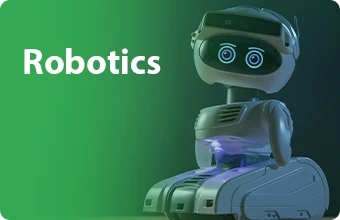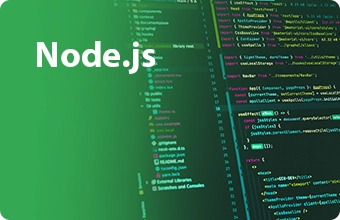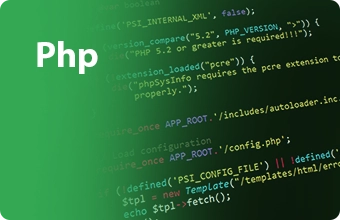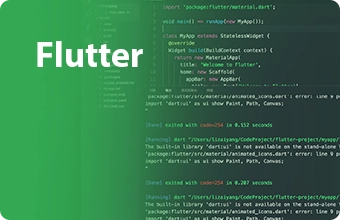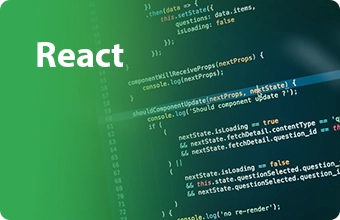Software Testing
Software Testing course gives students the know-how and abilities to make sure software apps are top-notch and dependable. The course looks at different ways to test, including doing it by hand and using computers, and introduces tools like Selenium, JUnit, and TestNG. Students figure out how to create and run test cases, spot and report bugs, and use testing frameworks. The course also focuses on getting to grips with various kinds of testing such as checking if things work right how well they perform, if changes break stuff, and if users are happy with it. When they're done with the course, students will be ready to go after jobs as software testers, quality checkers, or similar roles in the software development world.
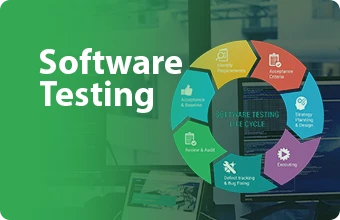
Quality of software in the fastest digital world today is more crucial than ever. With ever-increasing complexity, testing within development process plays acritical role. This course is specifically design to present to you the knowledge and skills on how to test software applications for intend functionalities and non-functional requirements. we offer the Advanced Software testing in Trivandrum
A Software Testing course gives insight into the overall process and techniques for the validation and verification of software to assure that it meets all the required standards and works perfectly. This course is design in such a manner that it starts by introducing the very basics of software testing to the students, such as the SDLC and the role of testing within it.
What You Will Learn:
Fundamentals of Software Testing: Learn the basics, concepts, and
terminologies used in software testing.
Types of Testing: Explore various types of testing, including manual and automated testing, integration testing, system testing, and acceptance testing.
Testing Life Cycle: It consists of the different phases in the testing cycle of software, and test cases and reporting of defects.
Automation Testing with Selenium in Java: Deep dive into automation testing; Selenium is one of the most used industry tools. Learn how to write and execute test scripts in Java to automate testing for better efficiency and accuracy. Advanced Software testing in Trivandrum
Who Should Take This Course
Anyone interested in understanding the critical role of testing in software development.
Manual testers seeking to transition into automation testing.
Aspiring software testers looking to build a solid foundation in testing.
Software developers wanting to enhance their testing skills, particularly in automation with Selenium and Java.
It is followed by the introduction of testing strategies such as black-box, white-box, and gray-box testing, which pay more attention to either the functionality or structure of software. Within the course, all major types of testing are cover: unit testing, integration testing, system testing, and acceptance testing. Each of these types of testing has a special purpose in the development process.
By the end of the course, students will be knowledgeable about the basics of software testing with background information for positions requiring experience: software tester, QA engineer, or test automation engineer.
- SOFTWARE TESTING
- What is software testing
- Difference between manual and automation testing
- Functional and non functional testing
- MANUAL TESTING
- Importance of Testing
- QA, QC, SDLC, SDLC Models
- Agile principles
- Scrum Management
- Sanity and Smoke testing
- Regression and retesting
- Negative testing and positive testing
- Bug lifecycle
- Bug Reporting, Severity, Priority
- STLC, , Test case Preparation (practical session)
- Traceability Metrics
- test plan,
- test closure report
- Test case management tool
- LEVELS OF TESTING
- Unit testing
- Integration testing
- System Testing
- User acceptance Testing
- Static and Dynamic Testing
- White box Testing
- Black box Testing
- Different types of testing
You May Like
Our thoughtfully designed internship programs provide a tailored and enriching experience for aspiring professionals.

















